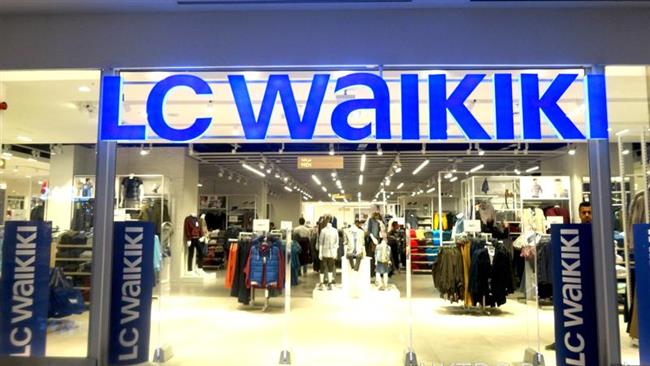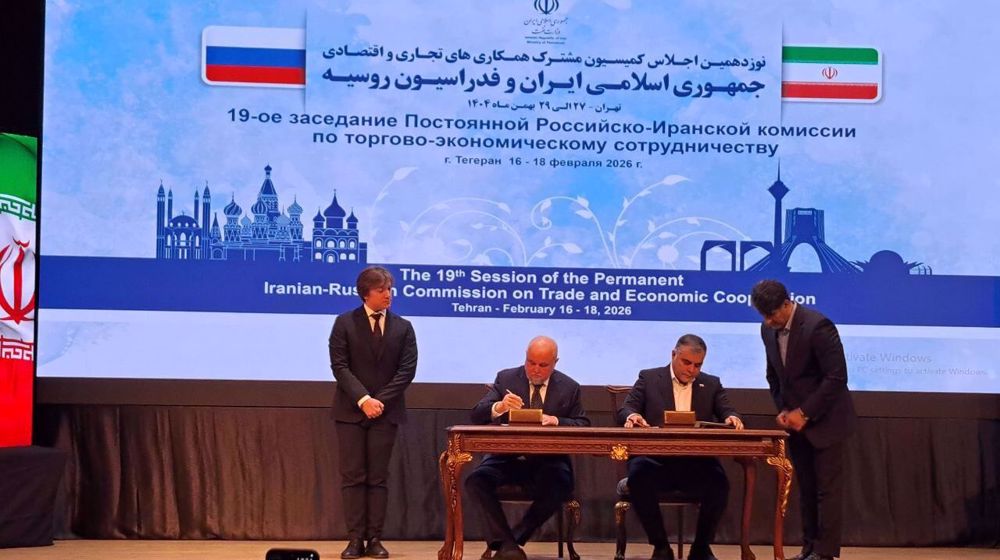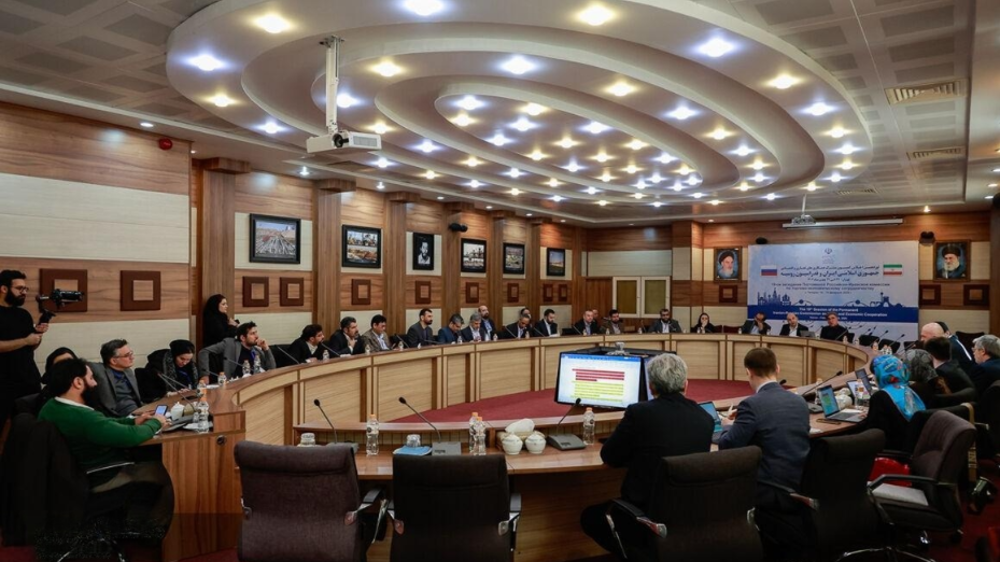Iran retailers feel cornered by foreign brands
Small shops, department stores and supermarkets in Iran are feeling the heat from big retailers in neighboring countries and beyond menacingly making their presence felt at a pace never seen before.
Hypermarkets and mass merchandisers from Turkey, UAE, and Europe are capitalizing on dramatic shifts taking place in the Iranian market as customers are endearing to mass-premium brands.
The rapidly-changing environment in Tehran and other big cities has generated a groundswell of social alienation with traditional brands and archaic business practices in favor of multiple retail stores which are offering skilled retail staff on top of information, advice and tips.
This emerging retail environment is catering to the needs of a new generation of consumers who are becoming hooked up to subscription-based sales that eliminate the need for regular store visits and impulse-driven purchases.
The trend is squeezing out small businesses which are increasingly becoming outspoken in their criticism of the government. Some of them have started grassroots campaigns to protect their local businesses.
Campaign to protect local producers
In the northwestern city of Tabriz which has a well-established base for production of leather shoes, retailers have banned sales of Chinese-made footwear after seeing their trade beleaguered in recent years.
Their peers in the neighboring city of Zanjan have joined them and the campaign is spreading to other cities across Iran.

In the capital Tehran, many food wholesalers are panicked by growing inroads of Turkish producers who have the lucrative Iranian market of more than 80 million on their radar for some time.
Just last month, Turkish discount retailer BIM said it was exploring opportunities in Iran for possible opening of stores in a country which has largely remained closed off for years under sanctions.
The supplier of basic food items and consumer goods said it was about to be granted authorization to initiate marketing research studies to determine opportunities and investment potential in Iran’s retail market.
Its products include beverages, meat products, dairy products, fruits and vegetables, frozen food, bakery products, cleaning supplies and snacks and sweets.

Qatar’s Abu Issa Holding, one of the largest retail and luxury goods firms in the Middle East, has said it expects to open its first store in Tehran in the second quarter of 2017. The retailer is among a subset of Persian Gulf Arab businesses which hope to set up shop in Iran.
MAF-owned hypermarket operator Hyper Star, a subsidiary of French multinational retailer Carrefour, and discount chain stores operator Canbo have already established a niche in Tehran’s grocery market. Some others are dusting down their Iran file and have put the country on the menu.
Iranian supermarket chains such as Refah and Shahrvand, instead, are seeing their market share snatched away by the new intruders.
Discontent and confusion
Local retailers are outraged. According to secretary of food wholesalers union Ali Karbasi, 30% of wholesalers in one market neighborhood in downtown Tehran have shut down and more businesses are likely to go to the wall with the opening of new foreign shops such as Turkey’s BIM.
“Hyper Star, Canbo and BIM have harmed many supermarket owners and food distributors and according to some officials, sales of local trade units in this field have dropped about 50%,” Amin Rostampour, a food distributor in Tehran province, told Jam News monitoring website.

Sadeq Yavari, a graduate of economics, touched on “Turkey’s precise information gathering and targeted planning for distribution and sales of food” in Iran.
“This reflects the fact that, unfortunately, some of the privileges provided to Turkish businessmen in Iran are not consistent with ‘resistance economy’,” he said.
Resistance economy was introduced by Leader of the Islamic Revolution Ayatollah Seyyed Ali Khamenei four years ago in order to thwart the effects of US-led sanctions through utilization of Iranian resources and promoting a knowledge-based economy.
Hamid Tabatabai, another food distributor, underlined the need for reining in the operation of foreign retailers in Iran.
He said Turkish goods and products were increasingly taking up shelf space in Tehran and elsewhere despite claims that foreign chain stores were only offering Iranian goods.
“It is not clear what is the logic behind the activities of such stores in Iran,” he told Jam News.
US Supreme Court strikes down swath of Trump global tariffs
Tehran says US has not sought zero enrichment, warns war hawks pushing for ‘catastrophic war’
Iran ‘serious’ on achieving a ‘fair’ deal with US, Araghchi tells Lavrov
Trump administration gives ICE broader powers to detain legal refugees
Hamas slams Israeli restrictions on access to al-Aqsa mosque during Ramadan
Iran’s Dena destroyer docks in Indian port as Tehran, New Delhi discuss maritime security
Trump plans to establish 'massive' military base in southern Gaza: Report
NYT questions Trump’s justification for threatening war on Iran










 This makes it easy to access the Press TV website
This makes it easy to access the Press TV website